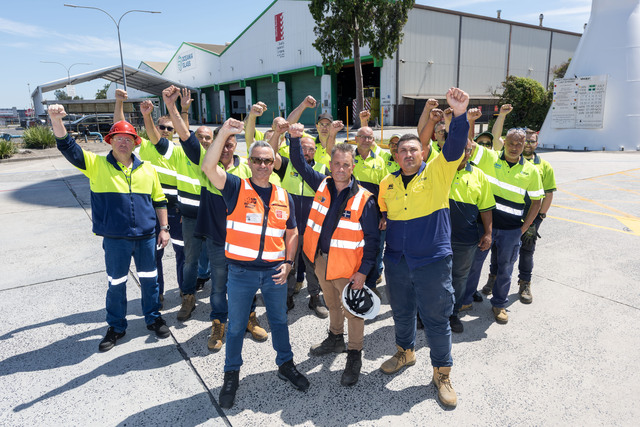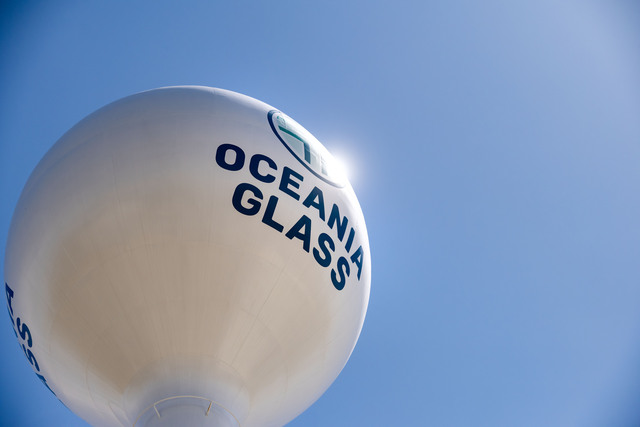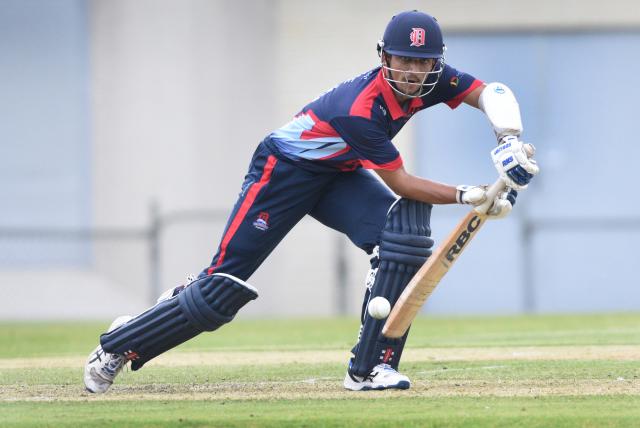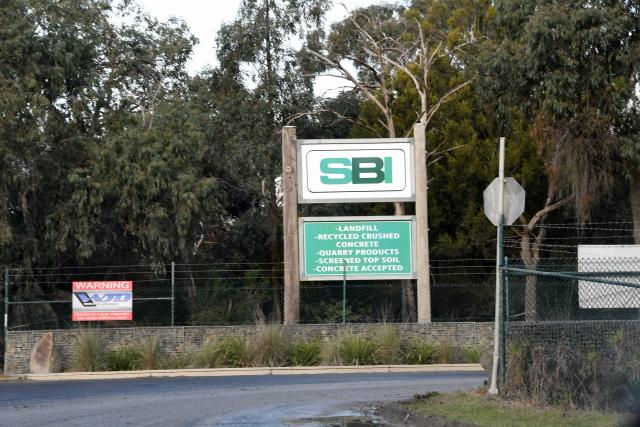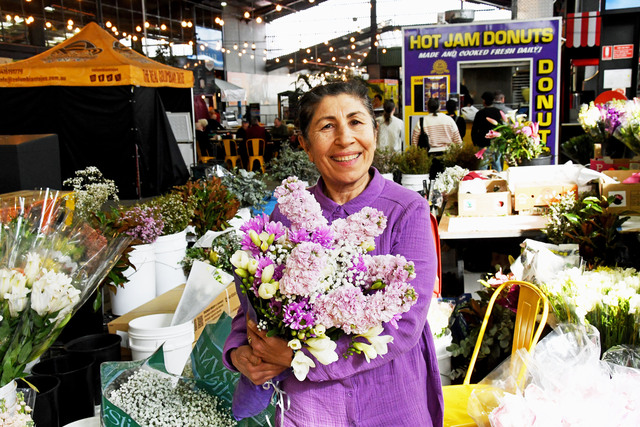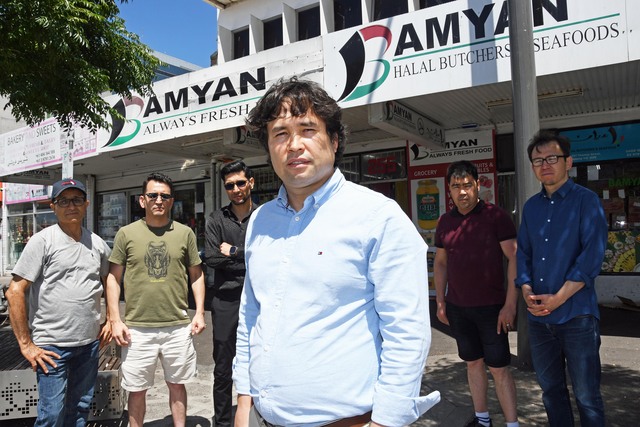Workers at glass manufacturer Oceania Glass say they are facing a hard employment market, burdens to pay bills and mortgages, and mounting pressure to support their families if the business cannot find a buyer and has to be shut down.
They also called for the government to support the manufacturing industry.
The 169-year-old glass manufacturer based in Dandenong South, which employs much of its 261 workforces, was announced as in the hands of voluntary administrators at Grant Thornton Australia on 4 February.
The business will continue to trade during the voluntary administration period, with a view to selling to an “appropriate buyer”, the administrators stated.
According to its website, Oceania Glass sold its first glass in 1856 and is Australia’s only maker of architectural glass.
Prior to its collapse, Oceania Glass submitted to the Anti-Dumping Commission that the Australian industry had suffered “material injury” as a result of clear laminate glass imported from Thailand and China at dumped and subsidised prices.
Glass worker Dwayne Gore, who has been working at Oceania Glass for 30 years, said people working here were hard workers, and they all had mortgages, children, and families.
“What they do here is actually extraordinary. You only have to walk down that plant where they’re making the glass, and you’ll understand the actual techniques and skills that the people have got here,” he said.
“People have given up their time, come in on weekends, done the hard work.”
He has been worried about the younger crowd who just landed in this industry.
“There are people here that need to go find a job if the business goes down. It’s hard enough out there to try and find something even if it wasn’t closing down,” he said.
“The government needs to do something about it.”
Ulrich Prince, who has also been working at the business for 30 years, said he still needed to find another job if things went downhill.
He said it was a hard employment market for someone who had been in a specialised industry.
“We are the only glass manufacturer in Australia. Once we’re gone, everything else will be brought in from overseas,” he said.
“As soon as that happens, their prices will go up. Everyone will be paying more for their shower screens, their windows and everything else that we do here.”
Mr Prince said he might have to find a job outside of his skill or get retrained.
“I’ve got bills to pay. I’ve got a mortgage. I’ve got children. It’s going to be tough.
“It’s devastating in the fact that we’re one big family here. Everyone has known each other for years and years. It’s like a family breaking up.”
Lachlan Mccracken, who just started the work a year ago, said he was worried about his future career. He may have to switch to other fields.
He said that as the government had been transitioning away from coal-powered and gas-powered energies, the manufacturing industry was hit hard.
“I like that the government is supporting that just transition, but they need to support the manufacturing first,” he said.

